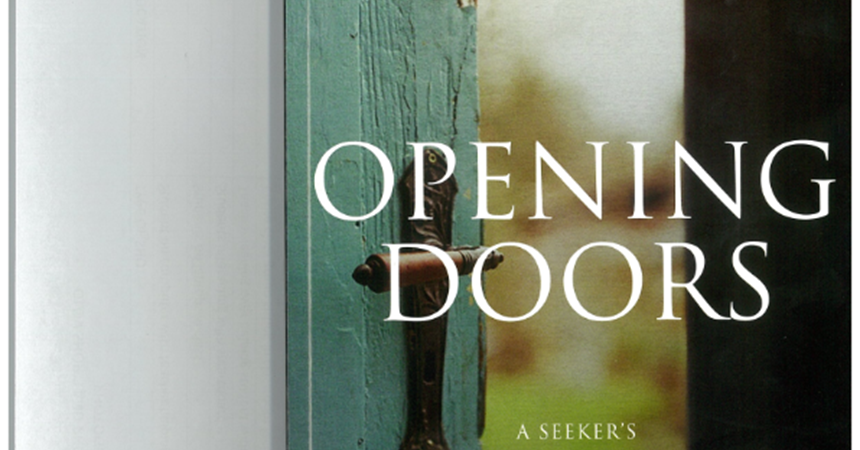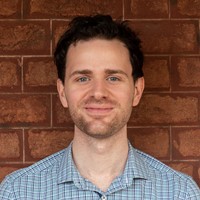Opening Doors takes the reader on a journey through 11 metaphorical — you guessed it — doors, with each one acting as a conversation starter about common questions surrounding the Christian story.
As discussed in Opening Doors, there has been a significant return to Christian fundamentalism in the past 150-or-so years. Did God create the universe, or was it a cosmic phenomenon that took place more than 13 billion years ago? Well, Treston suggests the two aren’t mutually exclusive.
In times of crisis, people tend to start pointing fingers to try and figure out where the evil is, and that’s especially the case between faiths, and between faiths and atheists too.
Instead, Opening Doors proposes that Christianity should be a force for good in the world.
“Evil acts are a consequence of choices in human behaviour,” Treston says. “Moral evil contradicts the very heart of the teachings of Jesus.” So then, is persecuting others based on their perspective morally wrong?
As the reader makes their way through “Door 9”, which focuses on ethics in Christianity, Treston explores the concept of “ethical options”. That is, can Christian people pick and choose their morals? Due care and kinship “are not ethical options for Christians but rather basic moral imperatives” he says.
Through “Door 11”, Treston explains that spirituality is available for every person, not just “saintly people with halos around their heads”. And that’s exactly the audience Opening Doors is angled towards — those who may or may not be interested in Christianity, but who wish to better understand the roots of its teachings.
Treston prays at the end of Opening Doors “Gracious God, help me to open doors, to enter the room of my deeper self, to bring love and kindness to others, to enhance and live within the wellbeing of the earth community.” This pretty well sums up Treston’s utopian take on Christianity — to live in love and kindness despite personal or religious beliefs.























































































